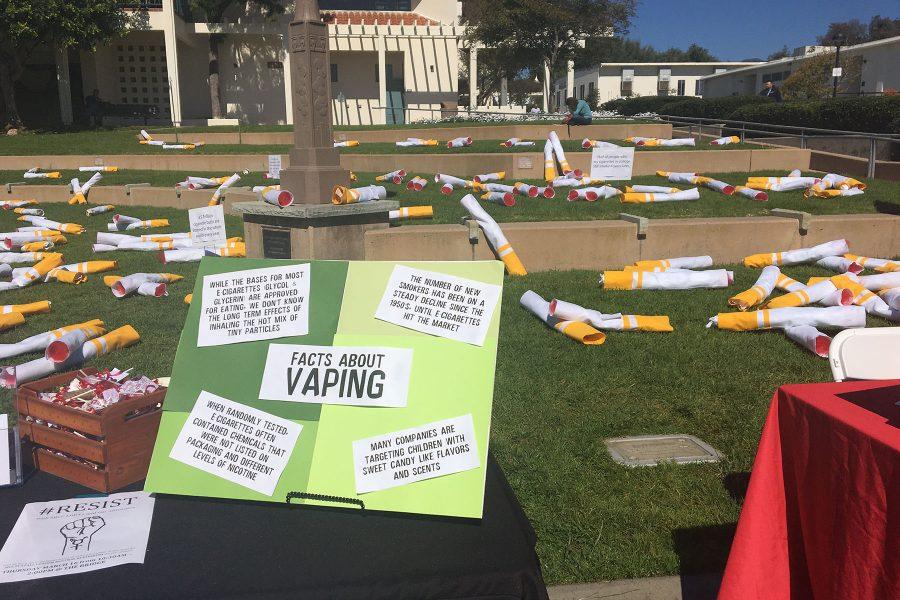As I travel through life, certain things I had not considered before have become increasingly important to me.
Reconnecting with my ancestral culture has hardly been a priority, until recently. As a person of color with mixed descent, I’ve always known the advantages I enjoy today only exist because of the sacrifices of those who came before.
While navigating through the social justice issues my education has touched on, I was confronted with a difficult truth. Migrant farmworkers have been and continue to be exposed to higher amounts of toxins from pesticides than any other demographic.
According to the Environmental Protection Agency, some pesticides may cause cancer, some affect the nervous system, and others can damage reproductive organs.
This exposure comes from different types of contacts, including through the skin by touching recently treated plants, breathing in an airborne pesticide and drinking or eating water or food that contains the toxins.
Clearly, the effects are imbalanced. In other words, the farmworkers who have prolonged contact in the greatest amounts are the most at-risk. Additionally, those who live near farmlands are subject to potential air and groundwater pollution.
Within this social group there are more distinctions. Based on data from the Student Action with Farmworkers, 75 percent of the two to three million workers in the U.S. were born in Mexico. Around 53 percent are undocumented and most farmworkers are married and/or have children.
This last statistic is significant, given that biologically, women, especially those that are pregnant and children are the most susceptible to illness caused by toxin exposure.
The image of a hardworking father returning home and greeting his wife and children with a loving embrace is usually accompanied with endearment. The reality of a farmworker transferring toxic pesticides to those who are most vulnerable because of this very action is nothing short of tragic.
It was this scene that caught my attention most. Both of my paternal grandparents emigrated to the U.S. from Mexico and worked in the farms of Lompoc. My Filipino-American maternal grandfather inherited his father’s farm in the Salinas Valley, and worked in the agricultural business for much of his life.
The children who were subjected to toxins grew to become my parents, and because of the lag time between exposure and incidence of cancer, it is impossible to determine exactly what the effect will be.
These differences of time along with other confounding factors add to the belief that people aren’t completely positive that pesticides are directly causing harmful health effects. These factors include limited availability of data due to the migratory nature of farm work and an unwillingness to participate in surveys because of farmworkers’ lack of legal documentation.
While future policy dialogue may be dominated by statements such as, “We have no evidence that this directly causes harm,” a critically thinking individual should question, “Is there data that shows it doesn’t cause harm?”
On the contrary, findings from an Agriculture Health Study found that prostate, skin, and ovarian cancers occur more frequently in farmworkers and their spouses.
The ideal solution is most likely varied, with greater access to healthcare and demands for fundamental changes in our food system being main components that will benefit many.
As the largest minority group within the U.S. and City College, it is vital that the Latino community pushes for the education and safety of those amongst us who are bearing the burden of a heavy pesticide-using food industry.













